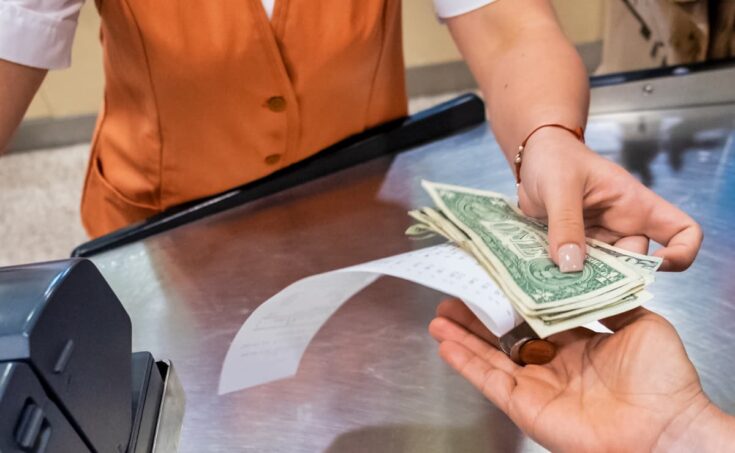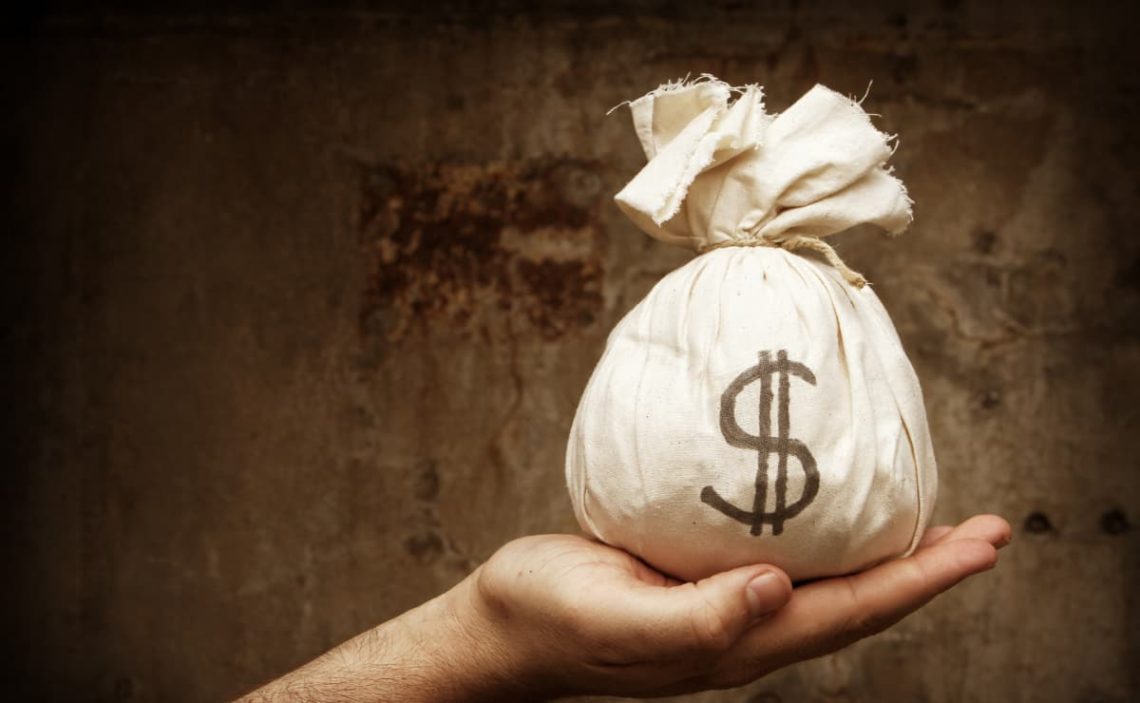The importance of cash deposits is great. It should be appreciated that tax authorities can investigate this method of money entry. For example, a cash deposit of more than $10,000 may cause the bank to report it to the IRS. The substantiation of cash deposits is, therefore, very important. Think of it as a precautionary measure against potential risks such as fraud, counterfeiting, or money of dubious origin.
What is a cash deposit?
As the name suggests, it is a way of depositing cash money in your bank account. In this case, we can do it through different means as physical money isn’t the only valid form of cash. However, for this article, we will focus on this option: when you deposit a specific amount of money in your financial institution.
The most common form of a cash deposit in the US is through checks. These checks, signed by yourself or another individual, are taken to the financial institution where they will be deposited and credited to a bank account. After the appropriate period has elapsed, the check is immediately converted into money in the statement. Logically, the account belonging to the person that issued the check must have funds, and the bank check must be legitimate.
Another method that is also very common is depositing physical money. In this case, you can go to the financial institution where you want to make the deposit and proceed to deposit it in an account in the same way as you would with a check.
You could also consider a cash deposit to transfer funds through Internet banking. However, this method will not be covered in this article since it has its own conditions.

Why are cash deposits important?
An important part of the day-to-day financial actions of any household economy involves cash deposits. That is not only important from the perspective of family accounts. It is also important for other types of transactions. For example, in the case of a mortgage where we do not have a bank account with the creditor, payments can be made directly through cash deposits.
On the other hand, the justification of a cash deposit is very important from a tax point of view. The money must be traceable. Failure to justify significant amounts of money (or small amounts of money on a repeated basis) will, in almost 100% of cases, lead to the intervention of the tax authorities.
In the best case, when you can justify the origin of the money, this will mean an investigation by the IRS until you obtain the appropriate data. In the worst-case scenario, you may face fines and even major legal problems if you cannot justify the money.
Why are the legal aspects of cash deposits so important?
We have already seen some relevant information related to the justification of a cash deposit. Among them, we have highlighted the importance of legal aspects. These started being prioritized after a wave of fraudulent mortgages that occurred mainly in the 80s. This happened due to the ease of paying a mortgage with little contrasted cash deposits.
Nowadays, lenders are reviewing aspects such as whether you have inflated your bank accounts through borrowed money (making a deposit or several deposits in a period before the mortgage application. Other elements of mortgage fraud were, for example, temporary cash loans the sellers themselves made for down payments. And, of course, tampered numbers, bad checks, or even forged employment statements.
In addition, there is a need to improve the prevention of fraud and crime-related money laundering. Banks are obliged to report suspicious money movements to the tax authorities. And these movements are for smaller amounts than most people think.
How to justify cash deposits
In the same way that there are many ways through which we can make a cash deposit, there are also many ways to justify it. In layman’s terms, it is a matter of demonstrating the origin reliably. For example, we can present a pay stub or an invoice, a sales receipt, a donation letter signed by the donor, proof of services rendered, etc.
For example, if you sell a product that’s outside your regular economy or ordinary income, you will need proof of such a sale and the corresponding justification.


